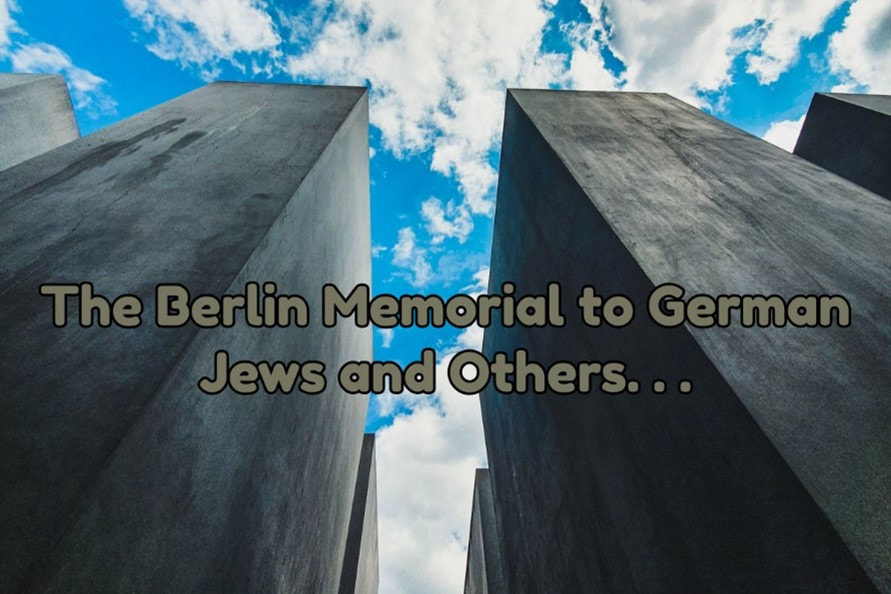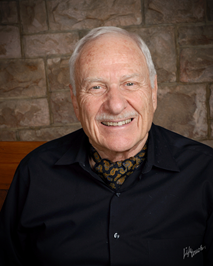- Home
- About
-
Books
- Wisdom for Living: learning to follow your inner guidance
- Terranautics 101: the basics for navigating an uncertain future
- Living in the Power Zone: How Right Use of Power Can Transform Your Relationships
- stories i remember: my pilgrimage to wisdom
- wising up: a youth guide to good living
- wisdom: daily reflections for a new era
- a world treasury of folk wisdom
- Blog
- Other Services

